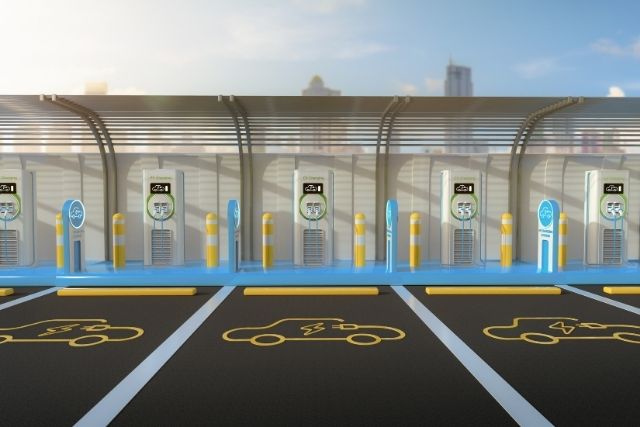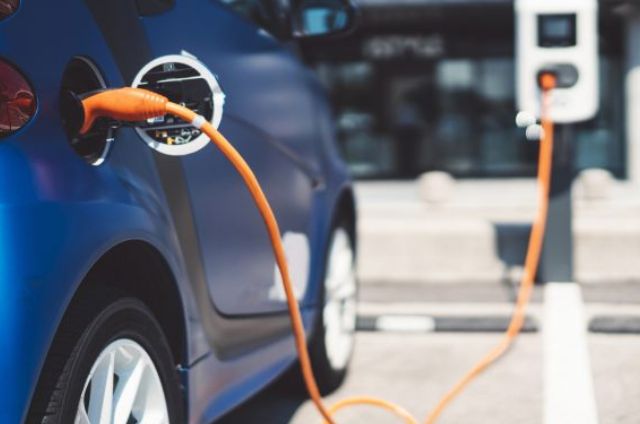EVs and hybrids have become increasingly popular alternatives to traditional gasoline cars. Both options offer unique benefits and drawbacks, making it essential for consumers to weigh their choices carefully. This report provides an in-depth analysis of EVs and hybrids, examining their environmental impact, fuel efficiency, driving experience, infrastructure challenges, and cost considerations, supported by recent statistics and research findings.
Environmental Impact
EVs: EVs are celebrated for their zero tailpipe emissions, making them a cleaner choice, particularly in urban areas. According to the U.S. Department of Energy, the lifecycle emissions of EVs are significantly lower than those of gasoline vehicles, with estimates suggesting a reduction of 50% to 70% in greenhouse gas emissions. A report from the Union of Concerned Scientists found that EVs produce, on average, 40% fewer emissions over their lifetime compared to gasoline vehicles, even when accounting for emissions from electricity generation .
Hybrids: Hybrid vehicles combine a gasoline engine with an electric motor, resulting in lower emissions than conventional cars, but they still rely on fossil fuels. The Environmental Protection Agency (EPA) notes that hybrids can reduce emissions by about 30% compared to traditional vehicles .
Fuel Efficiency
EVs: EVs are generally more energy-efficient than hybrids and gasoline cars. The U.S. Department of Energy reports that EVs convert about 77% of electrical energy from the grid to power at the wheels, whereas traditional gasoline vehicles convert only about 12% to 30% of the energy stored in gasoline . This translates to an average energy consumption of about 24 kilowatt-hours (kWh) per 100 miles for many EV models .
Hybrids: Hybrids optimize fuel efficiency by switching between the electric motor and gasoline engine, achieving significantly better miles per gallon (MPG). According to the EPA, the average hybrid vehicle can achieve between 40 to 50 MPG, while some models even exceed 60 MPG . This makes hybrids a cost-effective choice for many drivers, especially for those who frequently commute or take long trips.
Hybrids or EVs: Driving Experience
EVs: EVs provide a superior driving experience due to their instant torque, resulting in quick acceleration and a smooth, quiet ride. A report by Consumer Reports highlights that EVs often outperform gasoline cars in terms of acceleration and handling .
Hybrids: While hybrids also offer a decent driving experience, they may not match the performance of fully electric vehicles. Many hybrids utilize a gasoline engine more often than not, which can lead to a less seamless driving experience compared to the instant responsiveness of an EV.
Infrastructure and Range
EVs: One of the significant hurdles for EV adoption is the availability of charging stations. As of 2024, there are approximately 135,000 public charging outlets in the United States, but this infrastructure is still developing . Long road trips can be challenging if charging options are limited, particularly in rural areas.
Hybrids: Hybrids benefit from the existing gasoline infrastructure, allowing for greater flexibility on long journeys. Drivers can refuel at any gas station, making hybrids a more practical choice for some consumers, especially those who travel frequently or live in areas with limited EV charging stations .
Cost Considerations for Hybrids & EVs
The cost of EVs can be higher than that of hybrids due to the expensive batteries used in their construction. However, many governments offer incentives and tax credits that can help offset these costs. For example, federal tax credits for EVs can reach up to $7,500, depending on the vehicle model and buyer qualifications .
Both EVs and hybrids can lead to savings in fuel costs over time. According to the American Automobile Association (AAA), EV owners can save an average of $800 to $1,000 per year on fuel compared to traditional gasoline vehicles . However, hybrids, while having lower upfront costs, typically require less expensive maintenance than EVs, making them a financially attractive option for some buyers.
So, choosing between an EV and a hybrid largely depends on your lifestyle, driving habits, and environmental priorities. If you prioritize a cleaner, more energy-efficient option and have access to adequate charging infrastructure, an EV may be the best choice for you. Conversely, if you seek flexibility and a more traditional driving experience, a hybrid could be the better option.
Ultimately, both technologies are steps toward reducing our reliance on fossil fuels and promoting a more sustainable future. With advancements in battery technology and growing charging networks, both EVs and hybrids will continue to play vital roles in the evolution of the automotive landscape.



